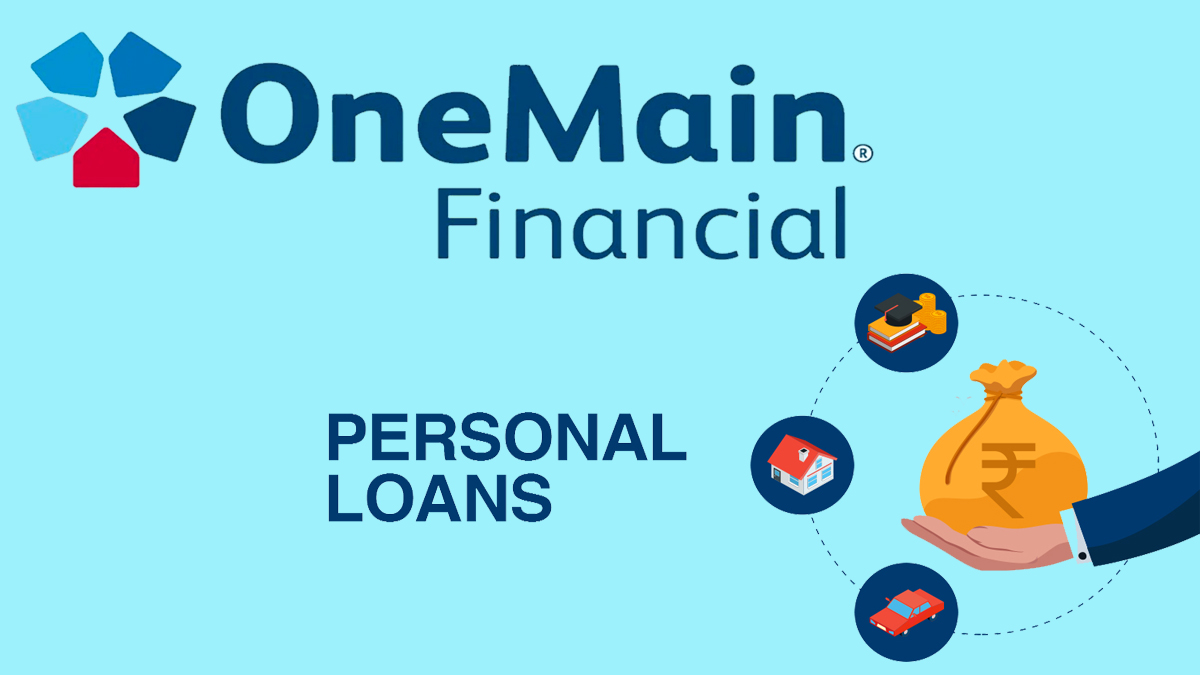What are the questions to ask a mortgage lender before applying for a loan? Unarguably, taking on a mortgage is one of the biggest commitments in many people’s lives. A lot of thinking goes into finding the perfect loan. And the best way to feel good to go through the process is to ask the lender the right questions.

In other words, before you start working with a mortgage lender, it is advisable to ask different questions. This will help you see what product the lender offers and how well they can serve your needs. It can be very difficult to go for a product you don’t understand but really want. With the right list of prepared questions, you can ease your nerves while in conversation with a mortgage lender.
13 Right Questions to Ask Mortgage Lender
Just so you know, not every lender will provide you with the best loan terms and types to match your needs, so you need to be ready to shop around and compare. Whether it’s your first or second home, below are the questions that will help you in comparing lenders and choosing the best mortgage for you.
1. What types of mortgage loans do you offer?
One of the questions to ask a mortgage lender is what type of mortgage loan he or she offers. When considering mortgage options, many buyers might be surprised by the variety available. While conventional mortgages are widely known, there are several other types that might better meet your needs.
The standard mortgage loans are: conventional loans, FHA loans, VA loans, and USDA loans. If you already know which mortgage you want, check the lender’s website or ask a loan officer to see if they offer that product before applying.
If you’re unsure about the type of mortgage you need, choosing a lender with a wide range of loan options can help you find the best fit. A lender with many loan options can be especially helpful if you have a small down payment, less-than-perfect credit, or need a larger loan. More loan types mean a better chance of qualifying for a home loan.
2. How much do you need for a down payment?
While a 20% down payment is preferred by lenders, it’s not always necessary. Some qualified buyers can secure a mortgage with as little as 3% down or even no down payment. Each option comes with its own considerations. The best lenders will guide you through these choices to find the best fit.
3. What’s the Best Interest Rate You Can Offer Me?
When looking for a mortgage, it is advisable to find a lender with the lowest rates. However, you won’t know the exact rates available to you without applying.
You can get a general view of a lender’s competitiveness by comparing their advertised rates to national averages. However, these advertised rates often don’t reflect what you’ll actually get.
The lowest rates are usually based on ideal conditions, like a large down payment, a high credit score, a specific purchase price, and location. Your situation might differ, and mortgage rates change frequently, making advertised rates quickly outdated.
4. What type of lender are you?
It’s important to understand the type of lender you’re dealing with, especially if you’re not applying through your local bank. Lenders generally fall into three categories:
- Mortgage Bankers: These lenders handle everything from your application to your loan’s funding with their own team. They often offer down payment assistance programs, and you’ll make your payments directly to them after closing.
- Mortgage brokers: Brokers act as intermediaries, connecting you with various lenders. They provide access to a wider range of loan options but don’t approve your loan themselves. Your loan closes through the lender they work with, not through the broker.
- Retail banks: These are traditional banks where you might have other accounts and services. They provide mortgage loans and other financial products under one name.
5. Do you charge any upfront or nonrefundable fees?
This is a very important question to ask the lender. Although paying for a credit report for preapproval is normal, You should never be charged just to get a loan estimate or advice on the perfect loan that fits you.
Your loan estimate will outline details like repayment terms, interest rates, and closing costs, but it might not specify if any fees need to be paid upfront.
Make sure to review the estimate with your loan officer to clearly understand any fees and terms you’re approved for.
6. What are your closing costs and fees?
The lowest advertised rates often come with additional costs. For example, you might need to pay points (a fee based on a percentage of your loan amount) to get that rate. If you do not pay points, it could result in high interest rates.
Lenders also typically charge an origination fee for processing and underwriting your loan. On top of that, you’ll have various third-party fees for things like home appraisals, credit reports, title searches, title insurance, and closing services. Your lender doesn’t set these third-party fees.
Your lender will usually choose the providers for these services, often those they have partnerships with. While these providers might offer good service, it’s wise to compare options.
7. What is the annual percentage rate (APR)?
The APR is a key figure to know because it includes not just your payment rate but also all the fees associated with the loan.
Ask your lender if the APR includes any discount points. If you get APRs from different lenders without discount points, you can compare their fees more accurately.
For example, if you have a payment rate of 6%, compare the APRs offered by different lenders. If one lender’s APR is 6.25% and another’s is 6.5%, the 6.25% APR lender is charging you fewer fees.
A higher APR isn’t always a negative. If you’re planning to stay in your home for a long time and decide to buy discount points to reduce your payment rate, your APR might be higher. However, over time, the lower payment rate can save you more in interest, making the higher APR worth it.
8. Do you offer preapproval or prequalification?
The terms preapproval and prequalification are often used interchangeably, but you need to know that they’re quite different:
- Prequalification is based on the information you provide, such as your income and credit score, without verifying these details. It’s more of a preliminary step.
- Preapproval involves a detailed process where the lender checks your income, down payment funds, and credit history using documents like pay stubs, W-2s, bank statements, and a full credit report.
Think of it this way: prequalification is a rough estimate based on what you say, while preapproval is a thorough check based on confirmed details. Preapproval is generally more reliable because it is always supported by verified information.
9. What are the key requirements to qualify for a mortgage?
Mortgage qualification requirements vary depending on the type of mortgage you’re applying for. While federal regulations set minimum standards, such as credit score and property conditions, lenders often have their own, stricter criteria.
For example, although the FHA accepts scores as low as 580 with a 3.5% down payment, some lenders may require a higher score, like 620. If you don’t have excellent credit or a low debt-to-income ratio, it’s smart to ask a loan officer about their specific requirements before applying.
10. Are you doing a hard credit check on me today?
It’s important to ask if the lender will perform a “hard” credit check, also known as a “hard inquiry,” which will appear on your credit report. Lenders need this to provide an accurate interest rate quote.
If you’re comparing offers from multiple lenders, try to have these hard checks done within a few weeks to limit their impact on your credit score.
11. Will I have to pay mortgage insurance?
If you’re putting down less than 20% on a conventional loan, you’ll likely need mortgage insurance. Government-backed loans, like FHA loans, have their own insurance rules.
Always keep in mind that, even if the mortgage insurance is lender paid, it will go into your mortgage rate and monthly payment. So, you’ll want to understand the costs, whether they’re upfront, ongoing, or both.
Ask the lender about your options. Sometimes, making a larger down payment can eliminate the need for mortgage insurance. There may also be other loan programs available that don’t require it.
12. How long does the process take, from application to closing?
The time it takes to process a loan can vary by lender and is often longer for government-backed loans. For a conventional loan, expect the process to take about 43 days from application to closing. If you’re refinancing, add an extra day, making it around 45 days.
To keep things moving smoothly, stay informed about how to receive updates from your lender and promptly provide any requested documents. This helps avoid delays in the process.
13. Can’t I just submit my information online?
In some cases, yes, some lenders offer fully online mortgage applications. However, many lenders still ask you to provide a lot of information through other means. You need to know that their websites might not fully detail what you need to apply for or what they offer.
While automated systems handle much of the application process, a human review is often necessary to assess your financial details. Your income, debt, and credit history all play a role in determining which loan options are available to you. Because of this, talking to multiple loan officers is often necessary to explore all the options that you have.



